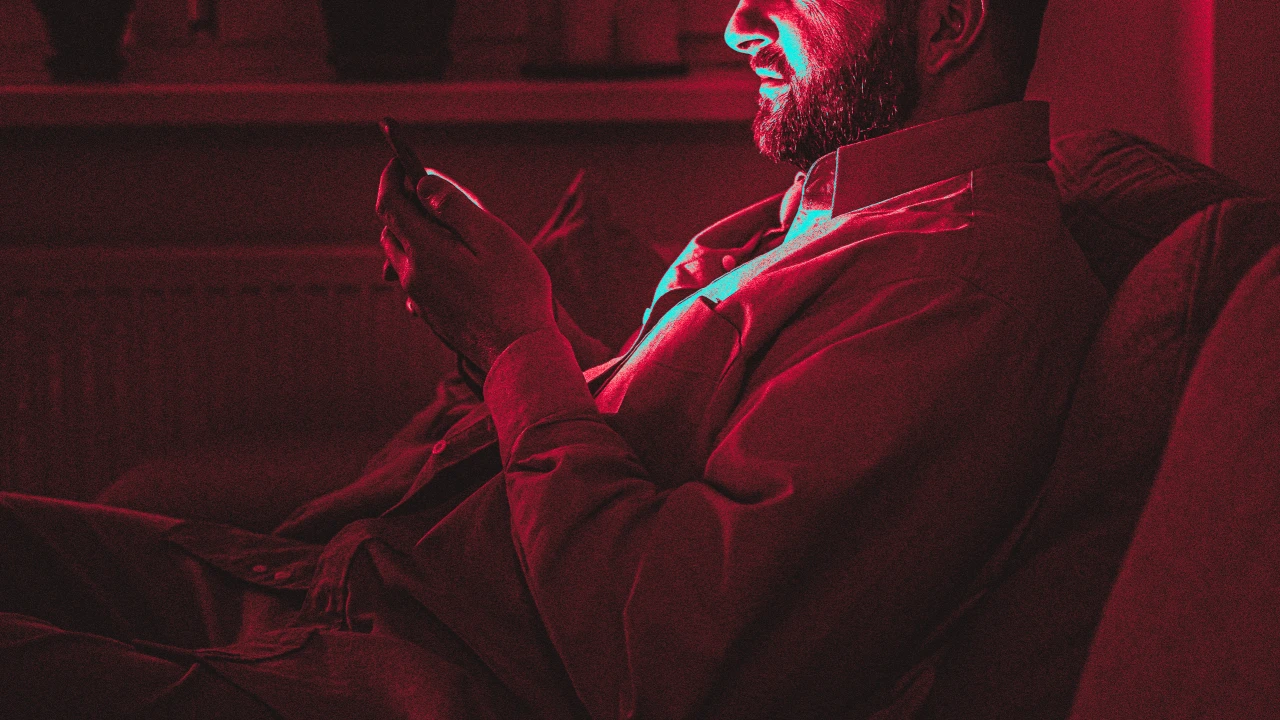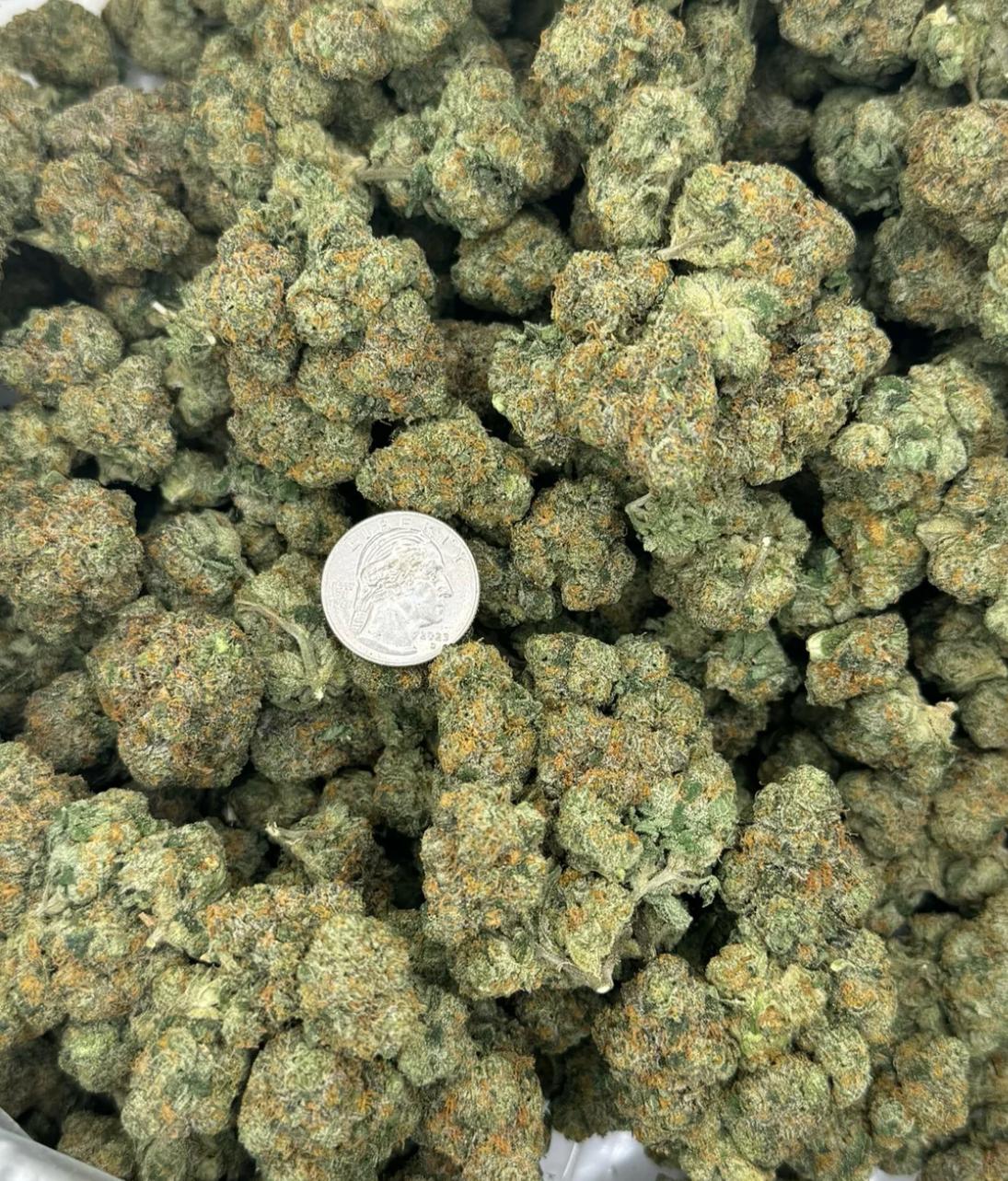How to Heal the Anxious Self — David Whyte
Allowing our hearts to actually break might be the first step in freeing ourselves from anxiety. The post How to Heal the Anxious Self — David Whyte appeared first on The Blog of Author Tim Ferriss.

David Whyte (davidwhyte.com) is the author of twelve books of poetry and five books of prose. He holds a degree in marine zoology and has traveled extensively, including living and working as a naturalist guide in the Galapagos Islands and leading expeditions in the Andes, Amazon, and Himalayas. He has also hosted a live online series, Three Sundays, every other month since 2020.
I had the pleasure of sitting down with David for an interview a few months ago, and he proved as wonderful in person as he is on the page. During our conversation, he read from his most recent work, Consolations II. Now, I have a dog-eared hardcover copy by my bedside. It’s indispensable. No matter the challenge, dream, mystery, or feeling of stuckness, he has a poem or essay within that will help you.
I’ve recently been rereading one of his essays in particular, and David kindly agreed to allow me to share it with you here. I’ve bolded some of my favorite parts. If a sentence is bolded and underlined, I found it particularly impactful.
Enter David…
Anxiety
is the mask that truth wears when we refuse to stop and uncover its face: the disembodied state I feel when I pretend to put things right by worrying about them instead of conversing with them. Anxiety is my ever-present excuse for not truly resting into the body or the breath or a world where I might find out the truth. Anxiety is the temporary helper going by the name of worry, who, when turned into our constant live-in companion, becomes our formidable jailor.
In the midst of anxiety we always haunt the body like an unhappy ghost from the past instead of living in it as a live anticipation of our future: anxiety creates the ghost-like sense of living timidly in our mortal frames so that we begin living in the world in the same way: as a troubled guest; a guest who does not believe they deserve the rest and hospitality that the body, the breath or the world can offer. Anxiety is the mind refusing to be consoled and nourished either by the body itself, or the beauty of the world that this body inhabits: anxiety is an extended state of denial; the refusal to put right something that needs to be put right, because putting it right often means feeling real anguish, a real sense of the unknown and the need to change at a fundamental level.
Anxiety always tells us we are somehow just about to be injured by reality, by another or by the body itself: that nothing is to be trusted fully: our continued nervousness wasting the body’s powers by keeping up a heightened but unsustainable level of alertness. Nervousness loves further nervousness to confirm its fears; on the Internet I will find everything I need to feed my anxiety because anxiety is what makes me click as much as curiosity. Anxiety is difficult to shed because anxiety always refuses rest and rest is where the answer to anxiety lies. Rest feels as if we are letting down our guard and refusing to defend what we instinctively feel must be constantly defended to the last. Rest feels like a traitorous activity ignoring the fears that have come to make up our identity, anxiety is a dead end exactly because it refuses to look for real consolation.
Temporary worry is useful to us and allows us to identify and innumerate what has not yet been fully answered or done and therefore outlines what is important to us and what we care about: constant worry always goes over and over the same territory and becomes, in the refusal to move on, the anxiety that cripples: anxiety is the illusory state of non-attention where we imagine that the very worrying itself is a way of paying deeper attention, but anxiousness actually becomes our unconscious way of refusing to go any deeper with the very things we are spending our days, worrying about.
Constant anxiety is an unconscious defence against what is calling us to a deeper understanding. Ever-present anxiety actually covers over and prevents me from feeling fully what is praying on my mind. Constant anxiety is our constant way of not paying attention. Anxiety is the trembling surface identity that finds the full measure of our anguish too painful to bear, constant fretting is our way of turning away from and attempting to make a life free from the necessities of heartbreak. Anxiety is our greatest defence against the vulnerabilities of intimacy and a real understanding of others. Allowing our hearts to actually break might be the first step in freeing ourselves from anxiety.
Anxiety is a way of being temporarily absent that almost always turns into a permanent exile. The exile that anxiety creates is most grievously felt in the way we both live in our bodies and don’t live in our bodies at the same time. In order not to feel the full measure of my heartbreak, I refuse to let my body breathe in its own, easy natural way, I refuse to let myself feel I am in the right place at the right time; I refuse almost every invitational aspect of the world and see it only through the inverted telescope of my worries, where everything is made smaller, harder to see and harder to understand. My defence against a painful reality is to live in an unreal body in an unreal, besieged kind of time, and often in an unreal place; a place I don’t care about; I disallow myself the ability to stop and rest and the spacious silence needed for a full, easy, coming to ground in a new understanding.
In an anxious state I actually do not wish to understand, I only wish to worry: and in my worries, everything feels as if it is squeezed through the narrow aperture of my anxious body, causing it to tremble, to constrict and to hide inside that rheumatic constriction. I hurry from one thing to another, never actually landing, never feeling there is enough time, never making time to feel fully what is occurring both inside and outside my body. Anxiety, when I am lost, is often the only merciful way I can find to turn away from the pain the world caused me, is causing me and will cause me.
Anxiety is both my protection and the sure indication of my deepest vulnerabilities, all at the same time. What seems completely wrong with my life, with the world and with the time in which I live, is often my greatest, manufactured, defence against being fully part of this body, this world and this time. What I worry about and fret about for my children’s future is often what keeps me from helping them into that future. What I worry about and what I am anxious about keeps me in an insulated, busy state of mind that stops me feeling the true depth and vulnerability of how much I care, how much I want to make a difference and how much I feel powerless to do it. Anxiety is my temporary ally and my daily saviour from the abiding pain of real heartbreak. I am not anxious because I worry so much as I am anxious because I do not want to feel the full vulnerability of being visible and touchable in a difficult world.
Our anxiety is constantly calibrated by the sense of being in the wrong place at the wrong time, inhabiting one moment while thinking about another, thinking one thing while doing another, trying to live in another abstracted, ideal body while forgetting to eat or breathe in this one. Loss of weight and loss of the breath are two abiding symptoms of anxiety. Gaining weight and breathing in a laboured way are also magnified by the abstractions of anxiety. Anxiety is my way of not fully feeling the vulnerability of my body, and my world.
Constant fretting is my refuge but also, often the source of my loneliness, doubling as it does as a defence by keeping people at a distance. Anxiety begins in helpless worry, and then becomes a means of protection against our own ability to help others, a state which provides me with distance from my real, foundational sorrow, by keeping an equal distance from the grief of others. I worry but other people’s worries do not count.
Anxiety is a way of feeling constantly besieged and therefore allows me to be helpless to do anything about what lies beyond my walls. When I see everything as impinging on my life, I find it hard to have a sense of humour about the fundamentally amusing absurdities of every human life; when I see everything as an ecological threat, I find it difficult to live with the blessings of birdsong or the beauties of a passing cloud scape. When I worry constantly about the imperfections of my relationship, I keep my love at an equally constant distance. Anxiety is my ongoing excuse for not being intimate, anxiety is how I keep what I am worrying about from coming too close, anxiety enables me to stay well clear of my heartache.
Over time, constant anxiety is a form of amnesia, a forgetting and an absence. Anxiety becomes my beloved abstraction where I can keep myself in suspension, when I am afraid of getting to the bottom of things and allowing myself a true understanding. Emotional immobility is the state in which we find ourselves when we have lost sight of the silent, pivotal centre from which to speak, to take action or to harvest the wisdom of the spacious, the timely and the timeless.
Our vulnerability to constant worry is produced by a dynamic of the mind whose chief evolutionary task is actually to make us more anxious: to worry, to fret, and out of that worry and fret, to get things done, and out of getting things done, to survive; constant anxiety always in the end raises even the tiniest little threat to the level of existential survival. Anxiety makes every little thing a matter of life and death.
The cure for anxiety is almost always found in some kind of radical simplification, a simplification that slowly opens up a very physical, rested experience of timelessness. Often the heart of our simplification is the freeing realisation that we can do nothing about the worry except to let it go. From this place we learn not to leave our worries behind but to consciously worry only for brief necessary periods when worry is needed as a way of paying deeper attention. To briefly, consciously, worry in a way that brings things to a proper harvest of presence is always far more helpful than days of vague anxiety.
One of the greatest gifts we can give to our friends, our partners, our children or our colleagues might be to forsake anxiety: to realise how much we use our worrying as a barrier to our becoming and a protection against real intimacy, real friendship and real engagement with our work. One of our greatest gifts as a provider might be to stop all the worrying about those we are providing for; to provide something else, something that is more difficult to give but something they might actually want—a deeper, more rested, and invitational sense of presence and the gift of timelessness in that presence.
Luckily, all of our great contemplative traditions tell us that the way out of anxiety is always very close and abides just beneath the very surface of our worries, waiting for us to drop down into the body again to a better place. Every meditational tradition of mindfulness in the world tells us that our doorway to freedom is as simple and as close as learning to take the next breath; to take that breath as fully as possible, and then to learn how to give it easily back into the world. In breath and out breath, when taken and when given and when completed without a controlling, worrying thought is an instant doorway to release from anxiety. A mindful easing away from the restless, bullying, fretful mind, into the restful, invitational calmness of easy breathing is always the foundation from which we will re-inhabit the mind in a more spacious, generous, less worrisome way.
Anxiety and all the ways we feel the tremulous symptoms of anxiety tell us just how far away we are from inhabiting a real sense of the timeless. Anxiety is not an answer to a problem we are worrying about but the measure of our distance from the place where the answer lies. Our ability to escape from anxiety is found in our ability to do the simplest thing and to do it well: to breathe and to live easily in our breathing. This truth is too simple for the anxious mind to believe, therefore it is best to breathe in silence first and tell ourselves that we’ll get to curing our anxiety later. Anxiety cannot cure itself, the cure arrives while we are giving ourselves a real sense of rest. Anxiety is often created by trying to remember everything and keep it straight in our harried minds. No wonder then, that the cure for anxiety is found in learning to forget the very sense of self that first felt the fateful need to worry.
From Consolations II by David Whyte. ©2024 David Whyte & Many Rivers Press. All rights reserved. Shared with permission. www.davidwhyte.com.
P.S. David also happens to be good friends with past podcast guest Henry Shukman, one of only a few dozen masters in the world authorized to teach Sanbo Zen. If you’d like an extra dose of calm, I recommend checking out Henry’s app, The Way. It has changed my life. I’ve been using it daily, often twice a day, and it’s lowered my anxiety more than I thought possible. For 30 free sessions, just visit thewayapp.com/Tim. No credit card required.
The post How to Heal the Anxious Self — David Whyte appeared first on The Blog of Author Tim Ferriss.

















































































































































